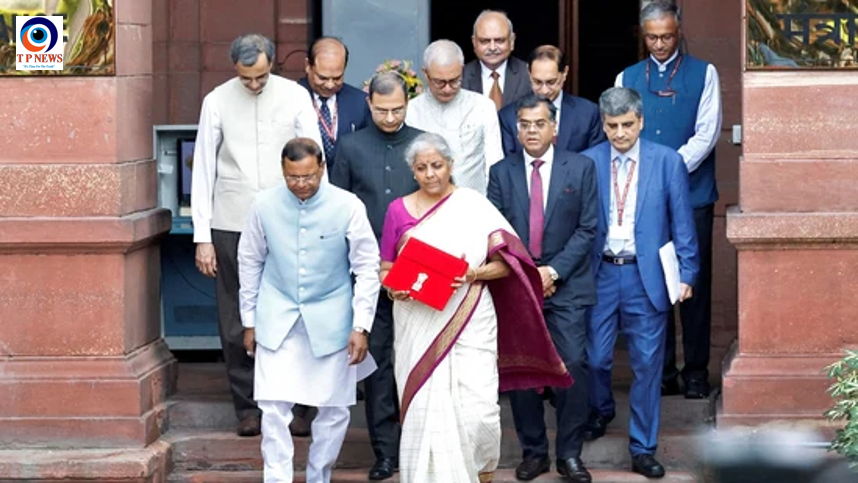In the Union Budget 2024-2025 presented by Finance Minister Nirmala Sitharaman, several key measures have been introduced that will impact the prices of various goods, making some items cheaper and others costlier. This budget, the first of the BJP-led NDA government, aims to shape India’s economic landscape, affecting everything from infrastructure development to social welfare programs.
Cheaper Items
The finance minister announced measures leading to the reduction in prices for mobile phones, gold, silver, and copper. Here’s a detailed list of items that have become cheaper:
- Mobile Phones and Chargers: Basic Customs Duty reduced to 15%.
- Gold and Silver: Customs duty reduced to 6%, and platinum to 6.4%.
- Cancer Treatment Medicines: Three specific medicines exempted from Basic Customs Duty.
- Solar Panels: Expansion of the list of exempted capital goods used in their manufacturing.
- E-Commerce: TDS rate reduced from 1% to 0.1%.
- Ferronickel and Blister Copper: Basic Customs Duty removed.
- Shrimp and Fish Feed: Customs duty on various inputs exempted or reduced to 5%.
- Leather and Textile Sectors: BCD on real down filling material reduced to enhance export competitiveness.
- Ammonium Nitrate: Basic Customs Duty reduced from 7.5% to 10%.
- Oxygen-Free Copper: Duty removed for the manufacture of resistors.
- Critical Minerals: Customs duties fully exempted on 25 critical minerals for sectors like nuclear energy, renewable energy, space, defence, telecommunications, and high-tech electronics.
Costlier Items
Conversely, some items will see a price increase due to higher customs duties:
- Ammonium Nitrate: Customs duty increased to 10%.
- Non-Biodegradable Plastics: Duty increased to 25%.
- Telecom Equipment: Specified equipment’s basic customs duty raised to 15% from 10%.
- High-Value Goods: TCS of 1% on notified goods valued over ₹10 lakh.
Tax Changes
The finance minister also announced several changes to tax deductions:
- Standard Deduction: Increased from ₹50,000 to ₹75,000 for salaried employees under the new tax regime.
- Family Pension: Tax deduction increased from ₹15,000 to ₹25,000 for pensioners.
In last year’s budget, there were significant cuts in import taxes on various components, including camera lenses, to promote mobile phone manufacturing in India. The tax rate on lithium-ion batteries, essential for phones and electric vehicles, was also reduced to make manufacturing in India more cost-effective.
The Economic Survey 2024 predicts India’s GDP to grow between 6.5-7% this year, with retail inflation declining to 5.4% during 2023-24 from 6.7% previously. The survey, presented by Finance Minister Nirmala Sitharaman, emphasized ‘Service’ and ‘growth’.
Like recent budgets, Budget 2024 was delivered in a paperless format. An Interim Union Budget 2024 was previously presented on February 1, in anticipation of the general elections.













